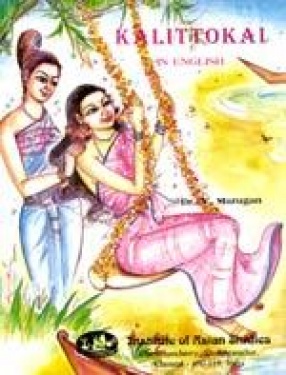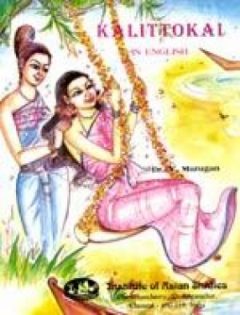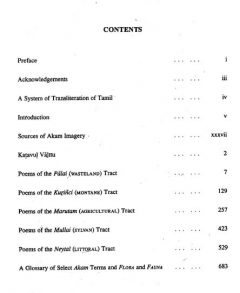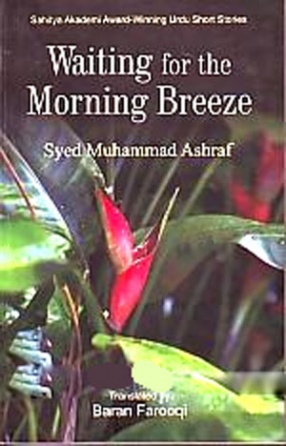Translation is a significant and purposeful aid towards a unified human consciousness. It has grown into a major academic pursuit today with universities and colleges nurturing it as a graduate and research programme throughout the world. In a multilingual society like India, where we have as many as 1652 languages and major dialects, where localism in varied garbs rears its ugly head now and then, and where the medium of instruction is progressively changed to the regional languages, translation is bound to play an increasingly domineering role in the university curricula. But for translation, most of us would not have had access to the imperishable riches written in the languages of the old such as Greek and Sanskrit, and our minds would have remained poorer beyond measure had we been shut off from a Plato and an Aristotle, a Tiruvalluvar and a Kalidasan, a Homer and a Dante, a Vyasa and a Sophocles. Besides, transcultural migration of ideas benefits individual languages in multifarious ways. The greatest literatures of the world such as the Bible and Tirukkural, the Mahabharata and the Aeneid reveal areas of transcendental perspectives rather than exclusiveness of vision. That the whole of the literature of Europe from Homer down to the present forms one continuous literary tradition has been made possible through an uninhibited commerce of thought and experience across the continents through the vehicle of translation. Keeping this overriding conceptual significance of translation in view, the Institute of Asian Studies (IAS), Chennai, has made it the central focus of its academic objectives.
Kalittokai in English
In stock
Free & Quick Delivery Worldwide
Bibliographic information
Title
Kalittokai in English
Author
Edition
1st ed.
Publisher
Length
xxxix+699p., Glossary; 24cm.
Subjects






There are no reviews yet.